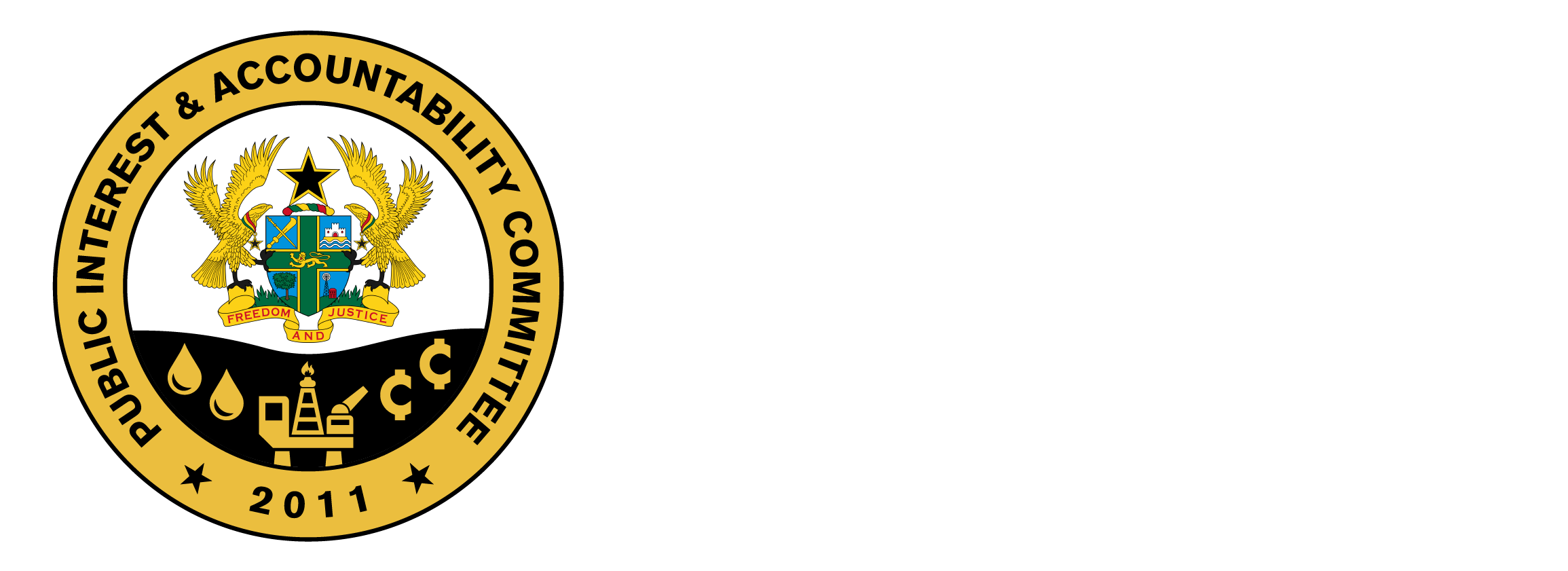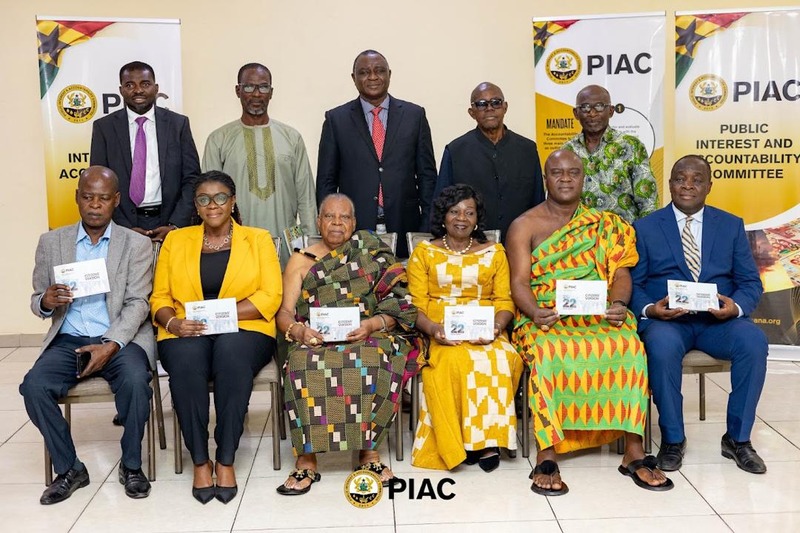The Public Interest and Accountability Committee (PIAC) has launched the maiden edition of the Citizens’ Version of its Statutory Reports on the management and use of petroleum revenues for 2022.
The document provides an account of the use of petroleum revenues and is part of efforts to provide citizens with relevant information in a simplified manner.
The Citizens’ Version employs infographics to present comprehensive information captured in PIAC’s statutory reports, which are often considered voluminous and technical.
Commenting on this initiative, the Chair of PIAC, Emerita Professor Elizabeth Ardayfio-Schandorf, emphasized the committee’s commitment to transparency and accountability.
She stated that transparency and accountability are crucial for prudent financial management, especially in impactful sectors like the petroleum industry.
The Citizens’ Version aims to present complex information in a simplified format to empower citizens and ensure their informed participation.
Professor Ardayfio-Schandorf highlighted the importance of citizens being well-informed about issues related to the production, management, and utilisation of petroleum resources to fulfill their watchdog role effectively.
In line with this, PIAC developed a simpler version of the statutory reports to enhance accessibility and user-friendliness.
Former Chairman of PIAC, Dr. Steve Manteaw, lauded the development, noting that it would enable more Ghanaians to understand how petroleum resources have been managed over the years.
He emphasized the timeliness of the launch, particularly as Ghana approaches elections in December, suggesting that the document offers a historical view of petroleum resource management by past and present governments.
PIAC is an independent statutory body mandated to promote transparency and accountability in the management of petroleum revenues in Ghana. Over the past decade, the Committee has produced several reports based on data from the Ministry of Finance and other relevant bodies.
Additionally, PIAC has conducted visits to oil-funded project sites across the country and engaged citizens in the communities where these projects are located.
SOURCE: ZED MULTIMEDIA


